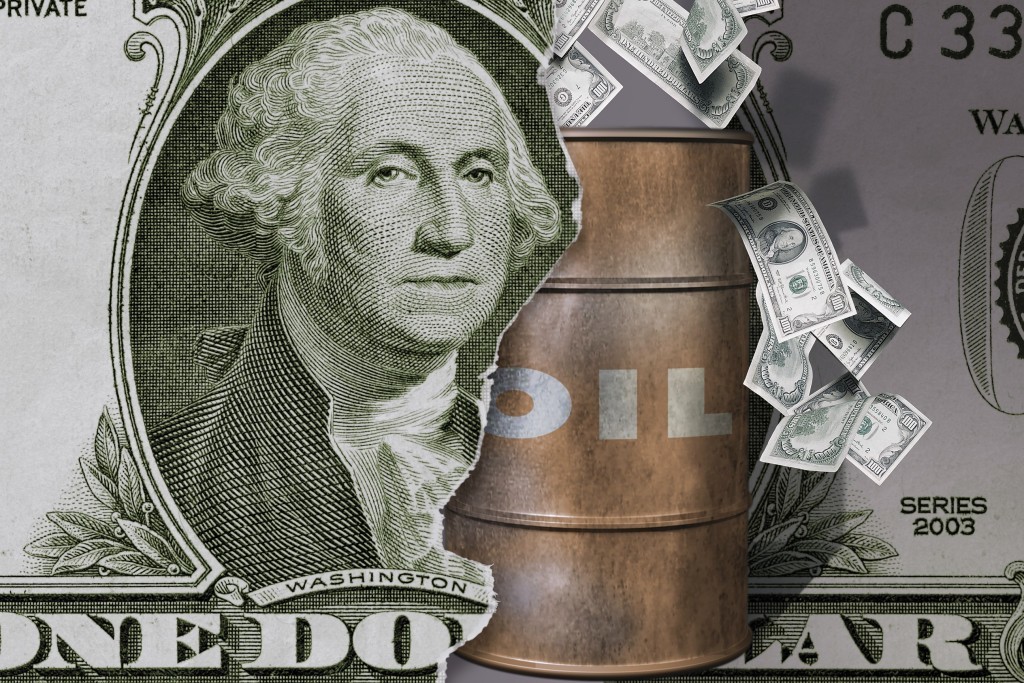
Oil surged after OPEC was reported to have agreed the first supply cuts in eight years in an effort to ease a record glut and stabilize global markets.
Futures jumped as much as 8.6 percent in New York. OPEC has agreed to reduce collective production to 32.5 million barrels a day, two delegates to ministerial talks in Vienna said Wednesday. The pact is likely to include an additional 600,000 barrels a day of cuts from non-OPEC suppliers, a delegate said earlier. Russia, the biggest producer outside the bloc, will possibly curb supply in the event of a deal, a person familiar with the Kremlin’s thinking said.
Oil has whipsawed since a production-cut was first proposed in September and investors speculated about whether an accord could be struck. Right to the end, major obstacles threatened to sink the deal.
“Prices are up strongly because it appears there’s an agreement, which is a complete change from the feeling yesterday,” said Michael Lynch, president of Strategic Energy & Economic Research in Winchester, Massachusetts.
West Texas Intermediate for January delivery rose $3.69, or 8.2 percent, to $48.92 a barrel at 9:19 a.m. on the New York Mercantile Exchange. The contract rose as high as $49.12. Prices tumbled 3.9 percent on Tuesday when skepticism swelled that a deal would get done. Total volume traded was more than four times the 100-day average.
Brent for January settlement, which expires Wednesday, increased $3.65, or 7.9 percent, to $50.03 a barrel on the London-based ICE Futures Europe exchange. The global benchmark traded at a $1.11 premium to WTI for the same month. February Brent rose $3.61 to $50.93.
Tense Negotiations
After weeks of often tense negotiations, the Organization of Petroleum Exporting Countries’ three biggest producers — Saudi Arabia, Iraq and Iran — resolved differences over sharing the burden of cuts. Notably, it appears the Saudis accepted that Iran, as a special case, can raise production to about 3.9 million barrels a day.
“The economics of this deal made so much sense for everybody involved,” Jeff Currie, head of commodities research at Goldman Sachs Group Inc., said on Bloomberg TV. “All the parties involved should view this as successful.”
Oil-market news:
U.S. crude stockpiles dropped by 717,000 barrels last week, the American Petroleum Institute was said to report Tuesday. Government data Wednesday is forecast to show stockpiles gained 1.5 million barrels, according to a Bloomberg survey before an Energy Information Administration report. Kinder Morgan Inc. and Enbridge Inc. won Canadian government approval for two pipeline projects — a long-awaited boost for the oil industry that could potentially expand exports, open new Asian markets and lift prices for locally produced barrels of crude. Weatherford International Plc said it will cut losses by pulling back its U.S. fracking business as long as prices for the work remain unprofitable during a lingering downturn.
Recommended for you
